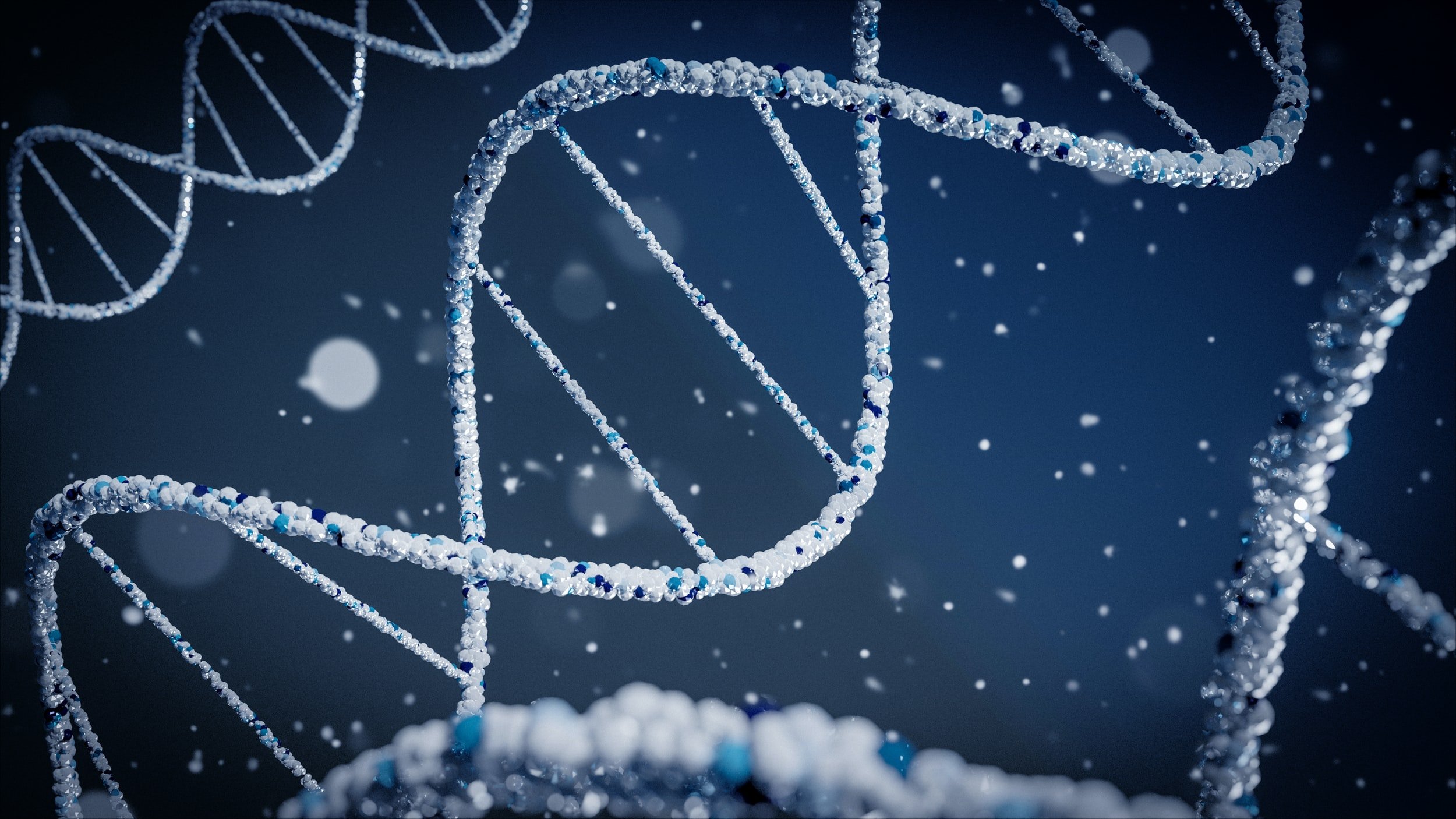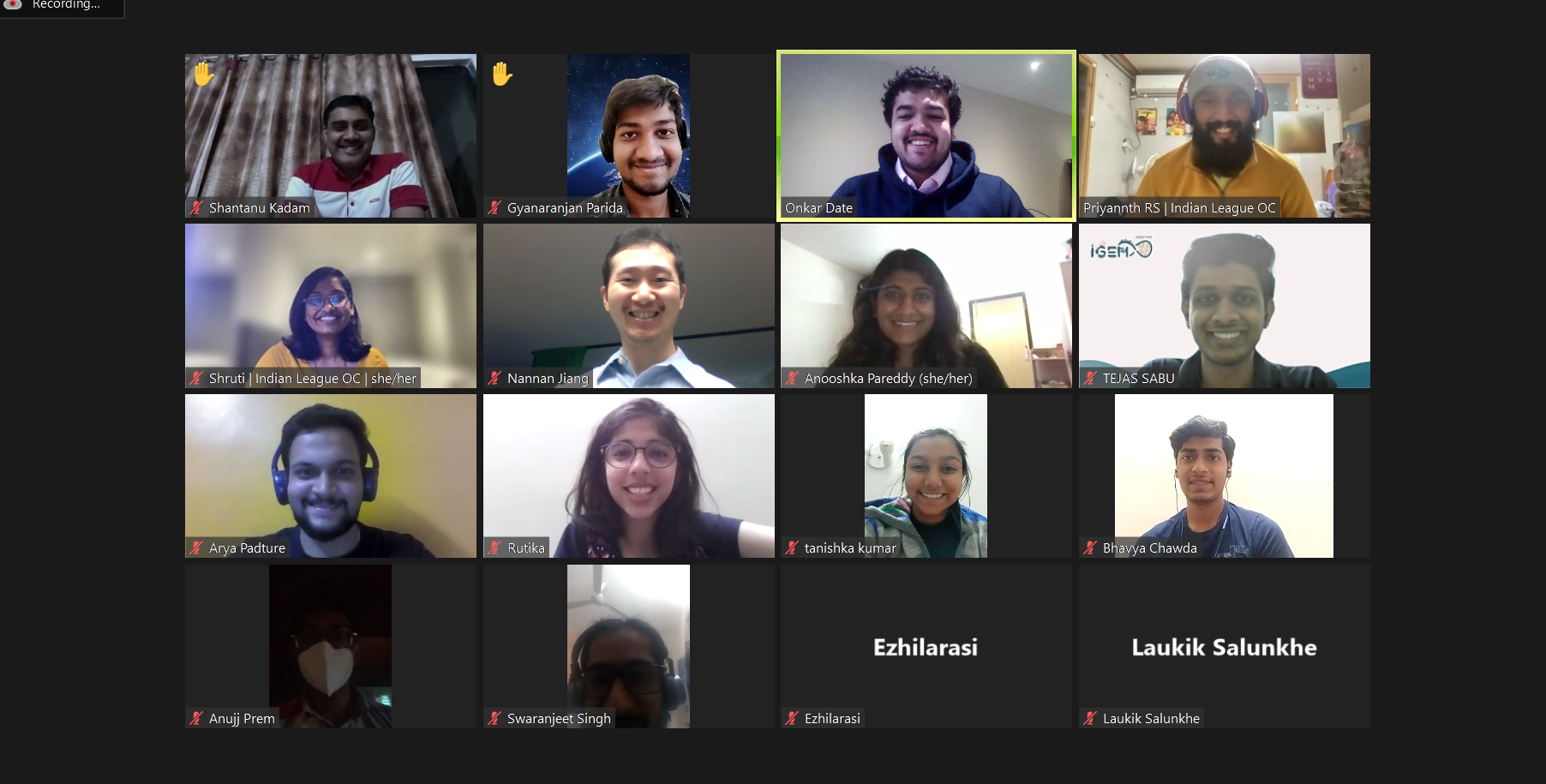Synthetic Biology in India
Have you ever thought that a living cell could be programmed and reprogrammed like a computer to perform specific tasks? Can we apply engineering principles like standardization, replicability, modeling and modularisation to biological systems? The broad answer to the above questions is the ability of a field called Synthetic Biology (SynBio).
It is an interdisciplinary field of research that utilizes much of the same techniques and equipment as the biological sciences, integrated with engineering principles to design and construct new biological entities such as enzymes, genetic circuits, and cells. We can also redesign and improve upon the genetic blueprints of existing organisms and biological systems. This allows researchers to modify cells to take on new, useful functions, while removing any undesirable traits that may exist. A very basic example of its applications would be modifying an organism’s DNA to give it the ability to sense and break down a toxic compound in the environment. A trained synthetic biologist may look to manipulate organisms into bio-factories for the production of biofuels, the creation of new biological circuits, or to create proteins that can cure diseases.
Biotechnology is currently one of the fastest growing industries in India with a massive boom in the past 5 years. But while a lot of biotech infrastructure and resources exist in the country and technological advances have allowed the cost of sequencing and DNA synthesis to drop, this was not directed towards Synthetic Biology. However, identifying the need to develop trained professionals in the field, educational institutes such as IISERs, IITs, BITS, IIScs, MITADT Pune and others across India have now begun to encourage interested students to study the field theoretically and practically as part of their coursework in B.Tech/B.Sc degrees, postgraduate courses and PhD projects in Bioengineering, Biotechnology and related fields.
Given the vast collaborative opportunities of SynBio with several disciplines such as engineering, computer science and chemistry, there are several career opportunities that can range from bioentrepreneurship, research and manufacturing all the way to Synbio education, bioethics and policy development. For example, Biopharmaceutical companies such as Biocon Limited and GlaxoSmithKline have already begun identifying SynBio-based therapies to create novel medicines in an efficient and affordable manner. Independent researchers, with an emphasis on community labs must also be promoted to develop holistic, sustainable solutions, which will in turn lead to a Synthetic Biology Drive in India.
However, there continues to be a need to streamline and integrate opportunities from a high school level, along with developing a pool of educators and mentors who will be instrumental in building the infrastructure for SynBio from the ground up. The Department of Biotechnology (DBT), India has recently started a Synthetic Biology training program for postgraduates, PhD Students, PostDocs and faculty members in 2018, that has begun to introduce the field in Indian Academia, a positive step towards making this knowledge accessible to all.
The League, through the cyclical process of pain point and then solution identification aims to guide and grow the fledgling Indian bioeconomy into a world class hub for the SynBio and related fields. Grassroot efforts, such as mentorship programs, capacity building workshops, development of centralized resources and infrastructure, will pave the way to reimagining the landscape of Synthetic Biology in our country, by empowering students and educators with tools to build synbio solutions to community problems and in the long run create a more diverse and inclusive bioeconomy.
Recent Open Office Hour sessions and expert discussions have validated our view that such an endeavor has been long awaited, and now requires the right amount of effort, consistency and participation to be successful.
Open Office Hours with Undergraduate Students from Institutes across India
Our first Initiative, the Synthetase Workshop, aims to introduce Synthetic Biology to High School and early Undergraduate students in a holistic way and induct them into the global network of Synthetic Biologists that iGEM fosters. We do this through 4 main goals:
Deciphering what cells tell us through coding with bioinformatic tools
Simulating biomolecules and biochemical reactions through molecular & math modeling
Science to All from labs to the community through Science Communication
Science for All from the community to labs through Human Centric Project Design
Sign Up Here for our Early Bird Registration for Synthetase Today!
Want to know more about the iGEM Indian League? Read Our White Paper, check out our pilot project, the ATGC Indian High School Workshop, or contact us at indianleague[AT] igem [DOT] org.








